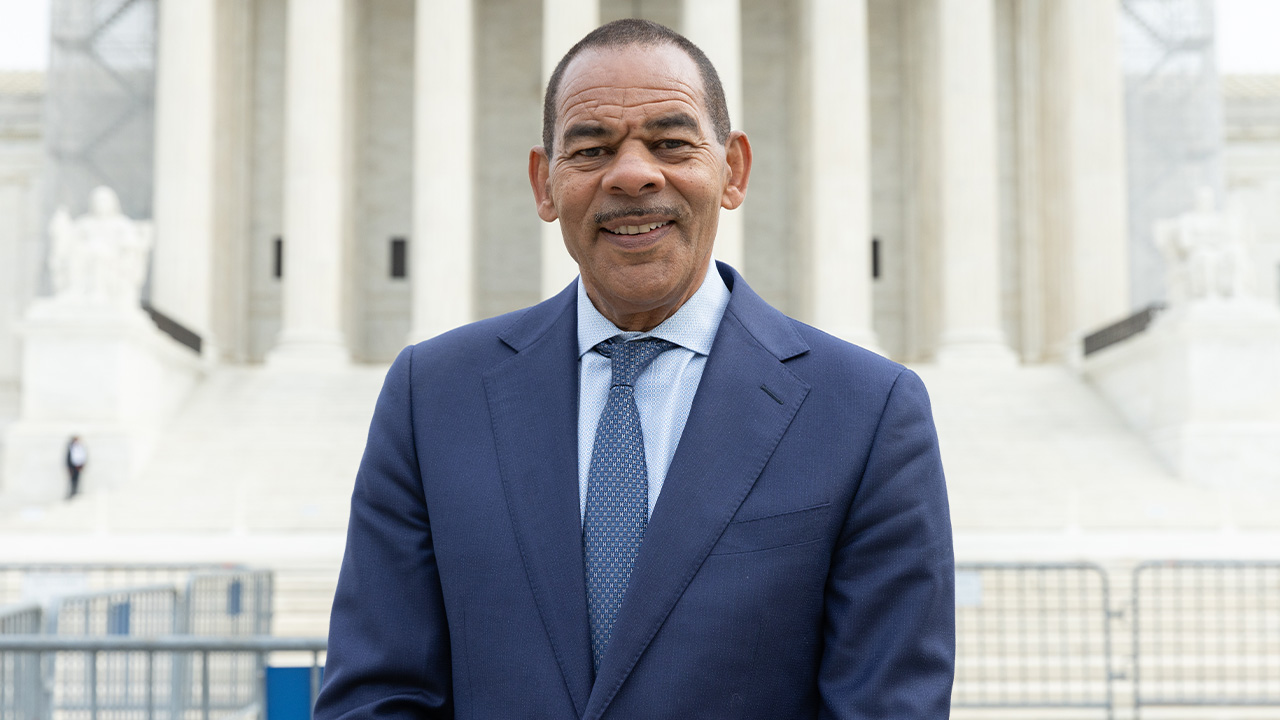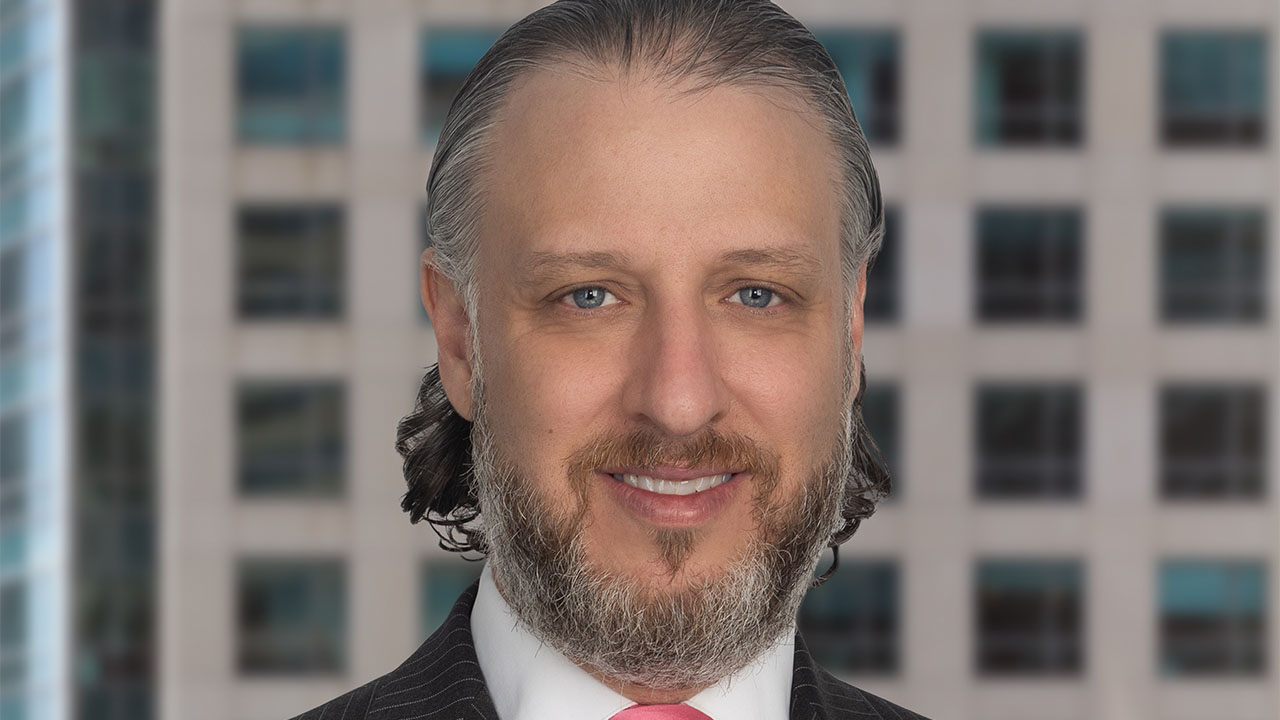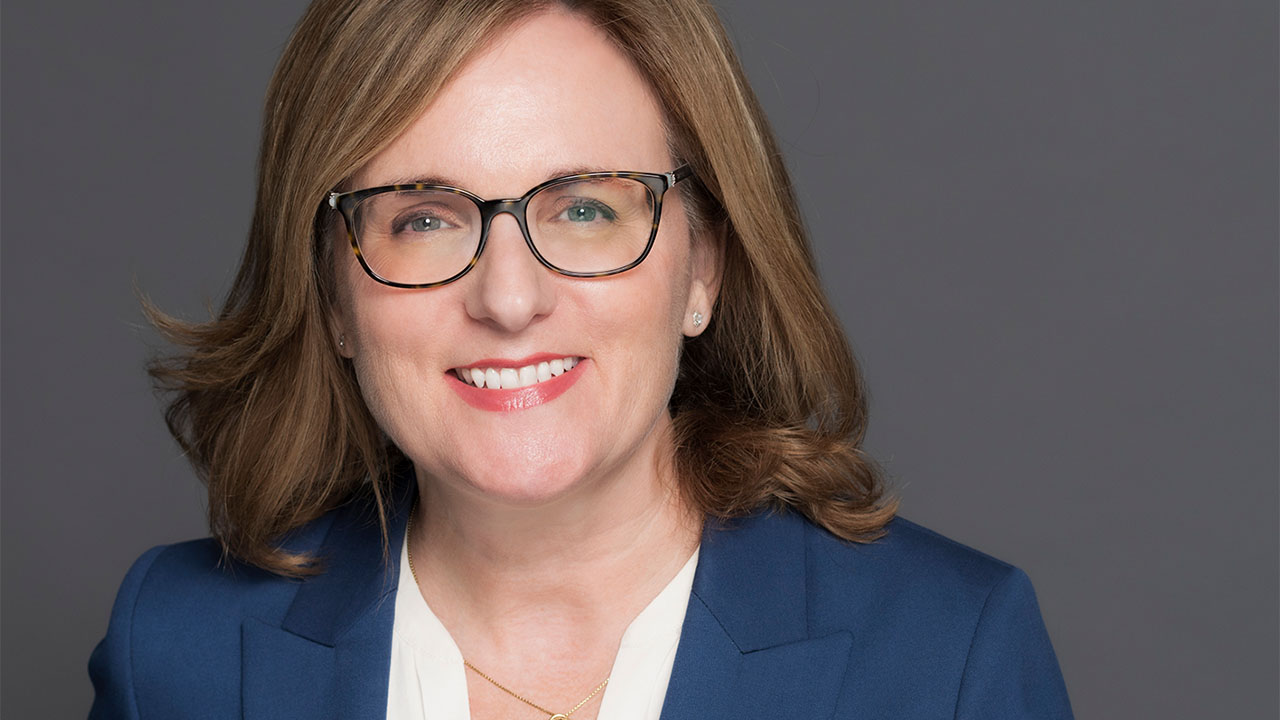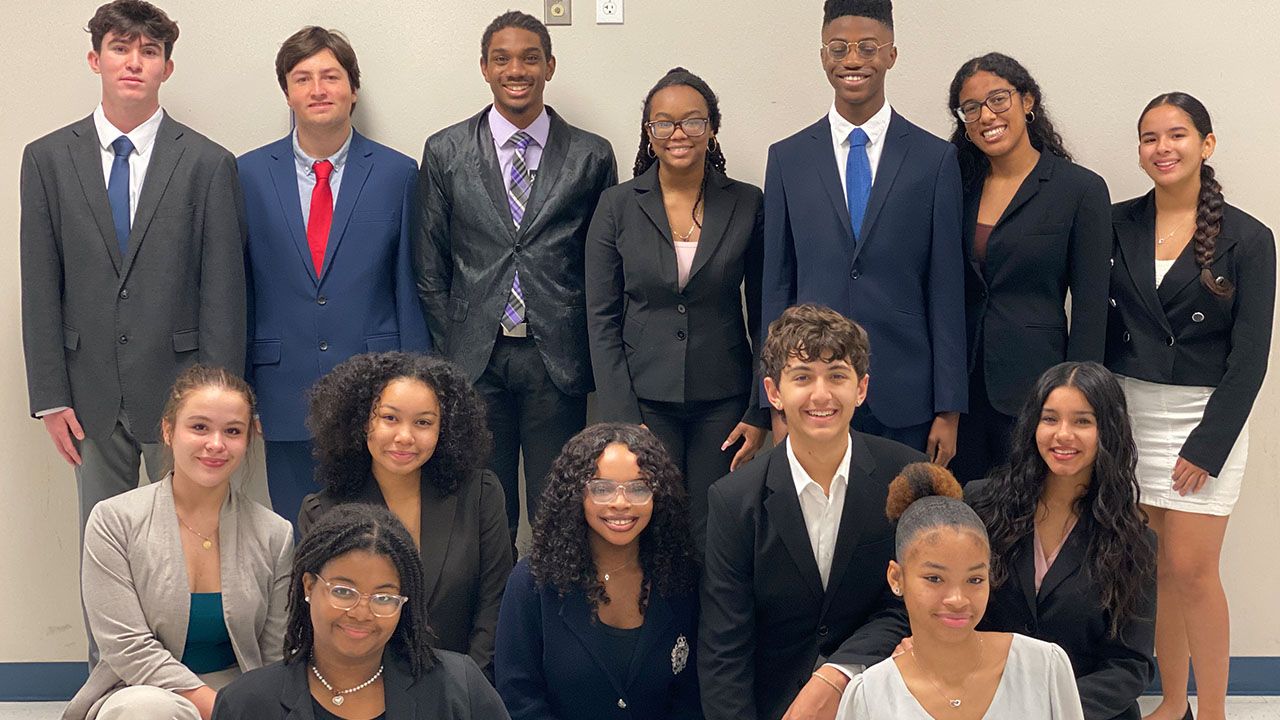Securities fraud levels rise in periods of economic downturns so there are reasons to be concerned about improper dealings during the COVID-19 pandemic, says Douglas Cumming, Ph.D., a professor of finance at Florida Atlantic University’s College of Business.
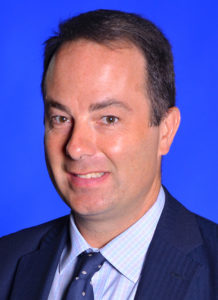
Company executives facing financial uncertainty and risk of failure have pronounced incentives to engage in misconduct to ride out the crisis. When businesses are failing, management may delay the disclosure of bad news to the public to secure additional funding, retain and attract customers and maintain stable supplier relationships.
“In some cases, managers and investors may not have a full understanding of their disclosure obligations that arise during a crisis,” Cumming said. “The pandemic brings new requirements for financial reporting about material risks, and without proper guidance and prudence, firms are more likely to fall short of their obligations under the law.”
Investors also have reason to engage in improper conduct with respect to insider trading, which involves illegally acting on non-public information. It’s a common crime to sell stock before the extent of bad news is publicly known, and there are huge incentives created by large market swings in a financial crisis. U.S. Sen Richard Burr recently resigned as chairman of the Senate Intelligence Committee after authorities launched an investigation into accusations he sold as much as $1.6 million in stock before the coronavirus-related market meltdown in March.
The U.S. Securities & Exchange Commission has warned investors of illegal practices such as pump-and-dump schemes, in which traders use false information to inflate stock prices before selling the shares at a profit. These types of market manipulation practices exist in a variety of contexts, such as mergers and acquisitions, as discovered by Cumming and explained in this video.
What’s more, periods of financial crisis make it much harder to disguise past misconduct, he said. During the financial crisis of 2008-09, it was impossible for Bernie Madoff to conceal his Ponzi scheme because of investors’ concurrent demand for withdrawing funds that did not exist.
But Cumming points out there are ways for investors to protect themselves. His research discusses the importance of investor due diligence. In the case of crowdfunding, for example, Cumming explains that due diligence can be facilitated through social networks and text analysis. Fraudsters tend to stay away from social media and have poorly worded disclosure documents.
“Social media is a great tool for facilitating trust and enabling better due diligence,” he said.
Cumming added that detection has improved over time with computerized enforcement, but there still are challenges tracking fraud in international markets.











